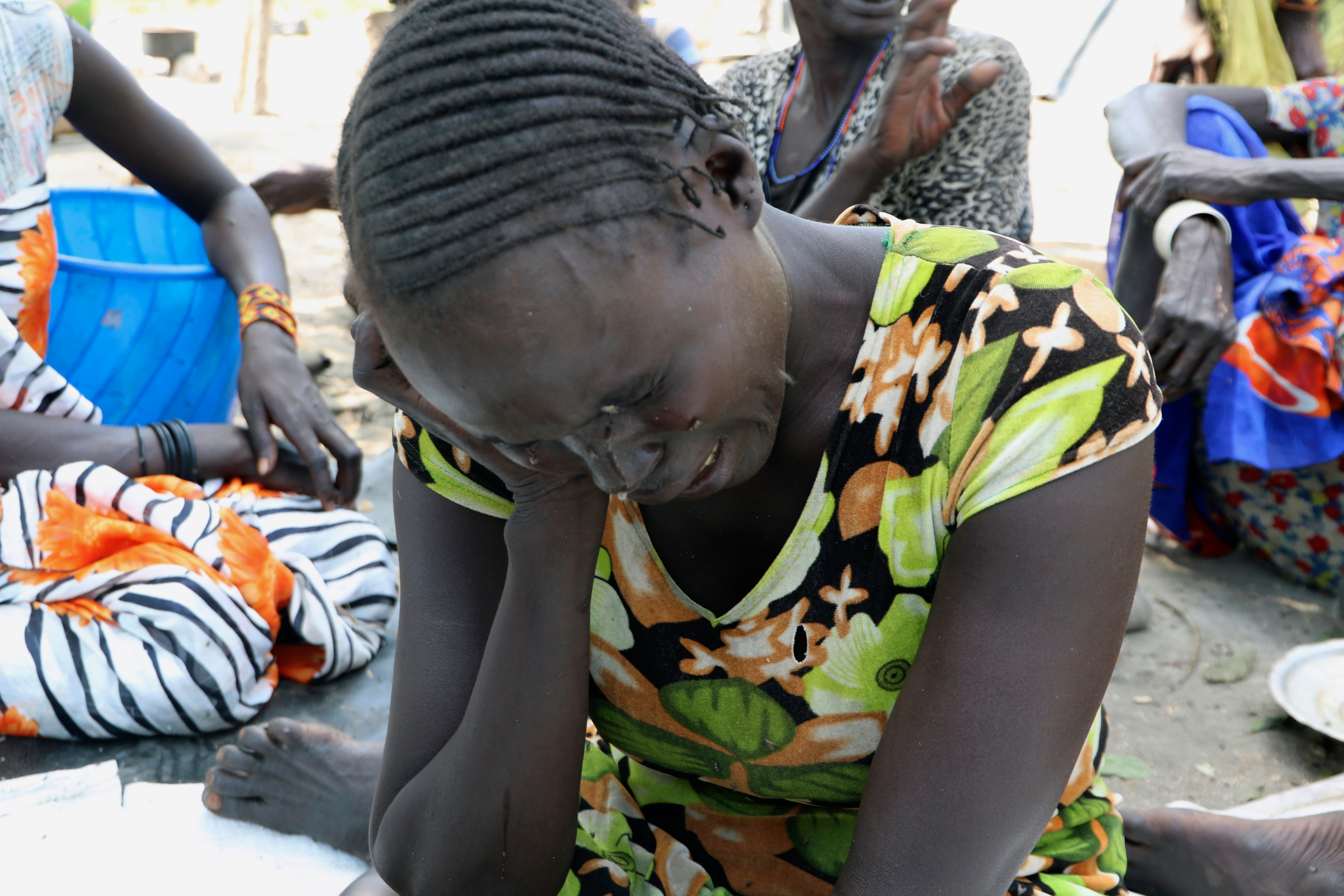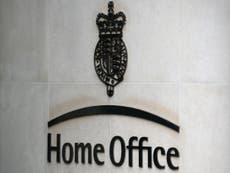UK to give £47m in aid to countries around world battling Covid
235 million people across globe in acute need of help, according to UN study

Your support helps us to tell the story
From reproductive rights to climate change to Big Tech, The Independent is on the ground when the story is developing. Whether it's investigating the financials of Elon Musk's pro-Trump PAC or producing our latest documentary, 'The A Word', which shines a light on the American women fighting for reproductive rights, we know how important it is to parse out the facts from the messaging.
At such a critical moment in US history, we need reporters on the ground. Your donation allows us to keep sending journalists to speak to both sides of the story.
The Independent is trusted by Americans across the entire political spectrum. And unlike many other quality news outlets, we choose not to lock Americans out of our reporting and analysis with paywalls. We believe quality journalism should be available to everyone, paid for by those who can afford it.
Your support makes all the difference.Britain will provide £47m in emergency aid to countries suffering the effects of coronavirus and conflict following UN warnings that the number of people in need of urgent assistance has risen by 65 million in the last 12 months.
The aid, says the government, is aimed at 1.3 billion vulnerable people in some of the most dangerous places in Asia, Africa and Latin America, and the UK will use its seat in the UN Security Council to press authoritarian regimes to allow aid organisations access to civilians.
The UN’s 2021 Global Humanitarian Needs Overview found that 235 million people are in acute need of help -- a rise from the 175 million in the same plight last year. Large sections of the population in two countries -- Yemen and South Sudan -- are facing near-famine conditions.
Africa has seen a surge in the pandemic, with the continent seeing a rise in cases in average of 6.1 per cent each week recently in a swathe of states from South Africa to the Maghreb.
South Africa accounts for more than 50 per cent of the rise in sub-Saharan Africa, but there have also been sharp increases in North Africa with the onset of winter, with Morocco seeing the largest spike in the continent. There have been sustained upward trends in daily cases in Nigeria, Egypt, DR Congo, Uganda, Kenya and Ethiopia.
The additional UK aid will provide food, nutrition, water and shelter for vulnerable families in nine countries and regions. This includes programmes in South Sudan which will receive £7m; in Somalia which will get £5m; in Zimbabwe and Uganda with £4m each; £7m in Nigeria, and £8m in Mali, Niger and Burkina Faso in the Sahel. International organisations in Yemen received £14m earlier this month.
Funding will go to two countries whose governing regimes the UK claims are illegitimate. Venezuela will get £3m through a UN organised accelerated immunisation scheme, and £8m will be given to humanitarian agencies helping with food, shelter and fuel.
The British move, however, comes during continuous controversy and concern over the plans of Boris Johnson’s government to reduce the foreign aid budget from 0.7 per cent of national income to 0.5 per cent. The cuts have been criticised by more than 200 charities, two former prime ministers, opposition parties, church leaders, ex-heads of the armed forces and global philanthropists.
Nick Dyer, the Acting Permanent Secretary of the Department for International Development (DFID) was appointed UK Special Envoy on Famine Prevention and Humanitarian Affairs in September and will play a key role in directing the emergency scheme.
Foreign Secretary Dominic Raab said: “Hundreds of millions of people living in the world’s largest humanitarian crises are struggling to survive, threatened by conflict, starvation and coronavirus. This extra emergency UK aid will mean people can feed their families and prevent these crises from escalating into widespread famine. We hope to see other donors step up to the plate with some extra funding to prevent these global crises getting worse.”


Join our commenting forum
Join thought-provoking conversations, follow other Independent readers and see their replies
Comments